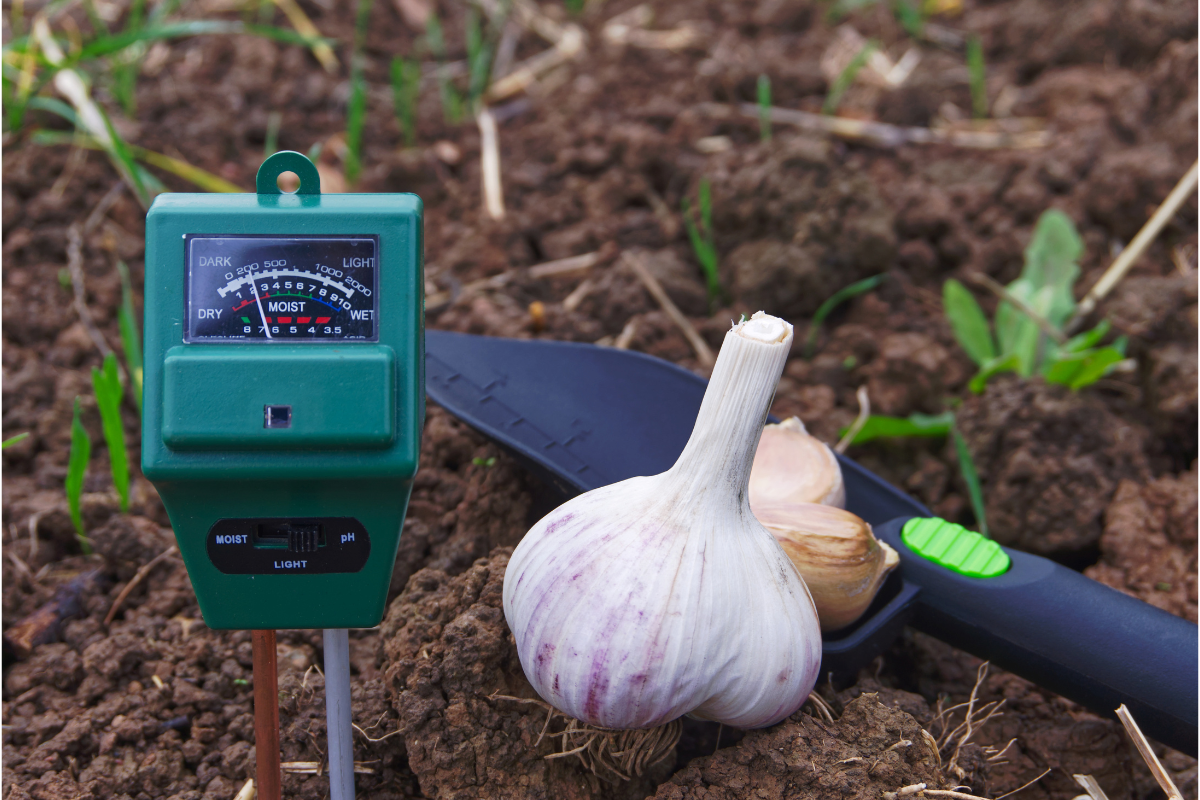Gardening
The Significance of pH Levels in Soil for Plant Health
The pH level of soil plays a vital role in the health and growth of plants. It determines the soil’s acidity or alkalinity and influences various factors that impact plant development. Understanding the significance of pH levels in soil is crucial for maintaining optimal plant health and maximizing growth potential. This article explores the importance of soil pH and its effects on nutrient availability, soil structure, microbial activity, plant disease resistance, and overall plant well-being.
- Nutrient Availability: Soil pH directly affects the availability and uptake of essential nutrients by plant roots. Different nutrients are more accessible to plants at specific pH ranges. Acidic soils (lower pH) generally exhibit higher availability of nutrients like iron, manganese, and phosphorus, while alkaline soils (higher pH) tend to have increased availability of nutrients such as calcium and magnesium. Imbalanced pH levels can lead to nutrient deficiencies or toxicities, hindering plant health and growth.
- Soil Structure and Aeration: pH also influences soil structure and composition. Acidic soils tend to have smaller particles, resulting in compaction and poor drainage. This restricts root development and reduces oxygen availability to plant roots. On the other hand, alkaline soils may have larger particles, leading to excessive drainage and nutrient leaching. Maintaining the proper pH level helps create an ideal soil structure, allowing for adequate water retention, aeration, and root penetration.
- Microbial Activity: Soil pH plays a crucial role in the activity and diversity of beneficial soil microorganisms. Acidic soils typically support different microbial populations than alkaline soils. These microorganisms are involved in nutrient cycling, organic matter decomposition, and the formation of symbiotic relationships with plant roots. Maintaining the appropriate pH level promotes a healthy microbial community that aids in nutrient availability and supports overall plant growth.
- Nutrient Uptake Efficiency: The pH level of soil influences the efficiency of nutrient uptake by plant roots. When soil pH is too high or too low, it can create unfavorable conditions for nutrient absorption, even if the nutrients are present in the soil. Proper pH levels ensure that plants can efficiently absorb the necessary nutrients for their growth, development, and overall health.
- Plant Disease Resistance: Soil pH can impact a plant’s susceptibility to certain diseases. Some plant pathogens thrive in specific pH ranges, and imbalanced soil pH can weaken plants, making them more vulnerable to infections. By maintaining the optimal pH level for a particular plant species, their natural defences can be enhanced, reducing the risk of disease.
To conclude, the significance of pH levels in soil for plant health cannot be overstated. Maintaining the appropriate pH range ensures proper nutrient availability, supports soil structure and aeration, encourages beneficial microbial activity, enhances nutrient uptake efficiency, and improves plant disease resistance. Regular monitoring of soil pH and necessary adjustments through soil amendments are essential for creating an optimal growing environment and maximizing plant growth and productivity. In conclusion, understanding the importance of pH in soil allows gardeners and growers to foster healthy plants and achieve successful gardening outcomes.
Hi, I’m Ankush. Based in Port Lincoln, South Australia, I hold a Bachelor of Science and a Bachelor of Education (Middle & Secondary) from the University of South Australia, graduating in 2008. With several years of experience as a high school and secondary teacher, I’ve combined my passion for technology and finance to drive innovation in the on-demand service industry. As the founder of Orderoo, I’m committed to leveraging technology to simplify everyday tasks and enhance accessibility to essential services across Australia. My focus remains on exploring new opportunities to expand and improve these solutions, ensuring they meet the evolving needs of users and service providers alike.




















